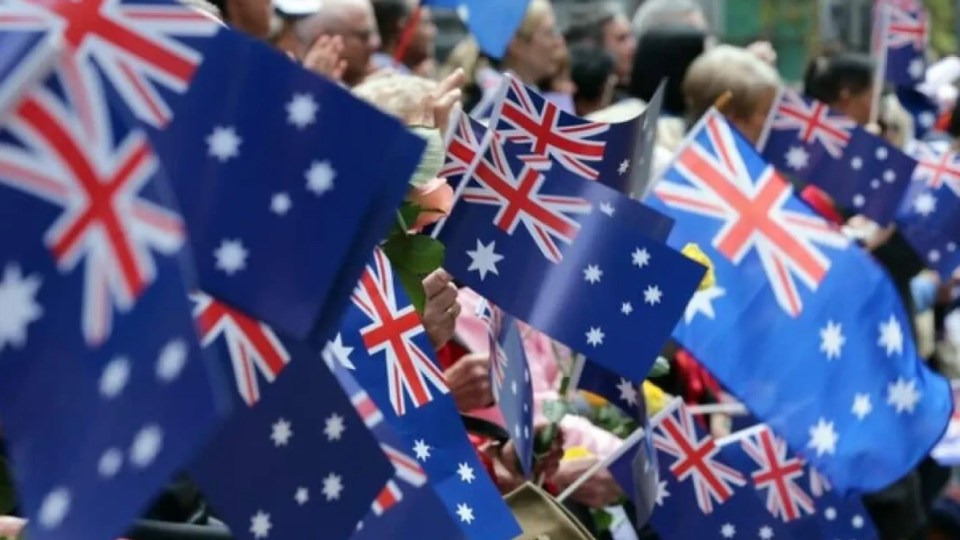


Hundreds of pubs across the country will not celebrate Australia Day in January because of the “sadness” it causes some patrons, it has been reported.
The nation’s second-biggest pubs group, Australian Venue Co, informed its managers of the decision affecting more than 200 of its venues.
News Corp and Seven’s Sunrise report that the move to cancel celebrations takes into consideration the “hurt” the day causes some patrons.
The venues will not acknowledge or celebrate the national holiday —which Indigenous Australians refer to as ‘Invasion Day’.
“Australia Day is a day that causes sadness for some members of our community, so we have decided not to specifically celebrate a day that causes hurt for some of our patrons and our team,” an Australian Venue Co spokeswoman told News Corp.
Australian Venue Co’s website says it owns and operates the country’s “best-loved pubs, bars and event spaces”, including “landmark” institutions and humble locals.
Potentially affected locations include popular pubs in Victoria — The Esplanade Hotel and Prince of Wales in St Kilda, and the Duke of Wellington and Garden State Hotel in Melbourne.
Others are the iconic Regatta Hotel and The Port Office Hotel in Brisbane, Sydney’s Cargo and Adelaide’s The Colonist and the Parkside Hotel.
The ban follows controversial decisions by major companies such as Woolworths and Aldi to stop selling Australia Day merchandise in 2024.
The supermarket giants refused to stock themed products such as thongs in the lead-up to January 26 this year.
That decision triggered Opposition Leader Peter Dutton to call on shoppers to boycott Woolworths.
The federal government slammed Dutton, accusing him of trying to start a culture war.
At the time, Cabinet minister Murray Watt reaffirmed the government’s commitment to Australia Day, saying it supported keeping the public holiday on January 26.
For many Indigenous Australians, January 26 marks the “invasion” of Britain’s First Fleet in 1788.
For them it is a day of great sorrow that reminds of the impact of colonialism on their culture, land and people.










